The Asian Development Bank (ADB) recently released a briefing paper attempting to
learn lessons from the UK as to successes and failures of affordable housing policy. It is
justifiable to critique the UK’s faltering policy of delivery over a number of decades, but
this is precisely why it is a fruitful area of enquiry from analysts considering other parts
of the world. The UK has benefitted from significant resources, and policymakers have
been under considerable pressure from the electorate to ensure adequate housing across tenures. This is why the Chief of the Urban Sector Group at the ADB, Manoj Sharma, saw fit to commission this work, and report on its conclusions.
In November, Mongolia celebrated sixty years as part of the United Nations (UN). For many countries, this means little, as such milestones, by definition, come and pass on a regular basis. It assumes greater importance for Mongolia, though, given the particular geopolitical framework it has to work with. By dint of geography, this vast country has an unusual position. In a strategically important location between Russia and China, it is relevant to not only its own prosperity but also the broader world. Since independence, Mongolia has tried to maintain constructive relations with those it shares borders, but also to project beyond North Asia. Its successful third neighbour policy, takes in partners from South Korea to Japan, India to the United States.
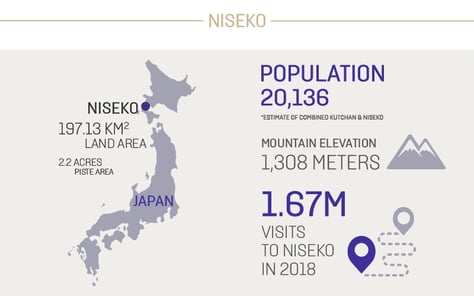
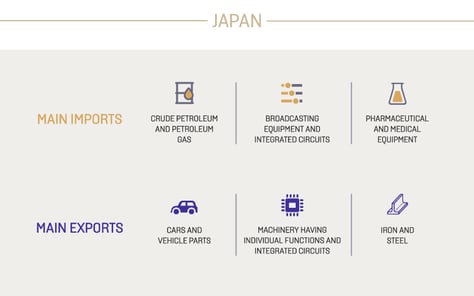
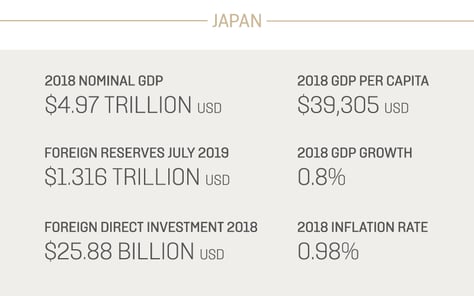
Asia pacific investment partners
Mongolian Properties
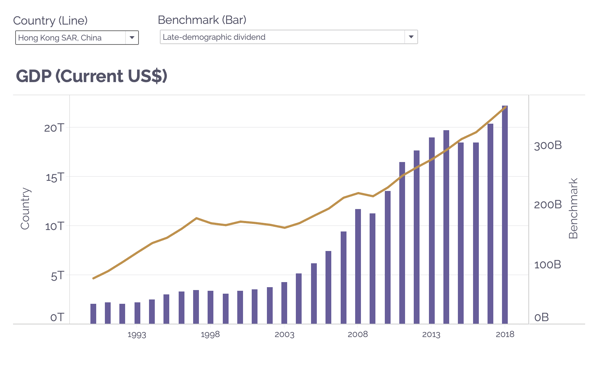
GDP per capita - Hong Kong
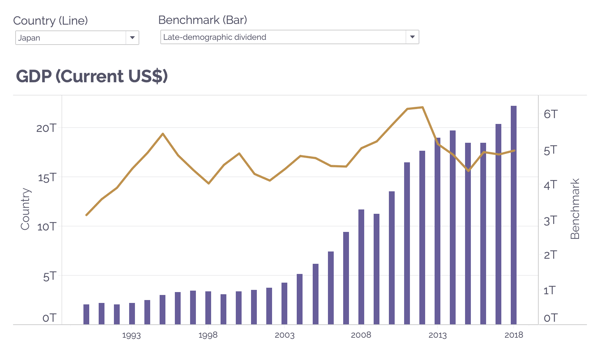
GDP - Japan
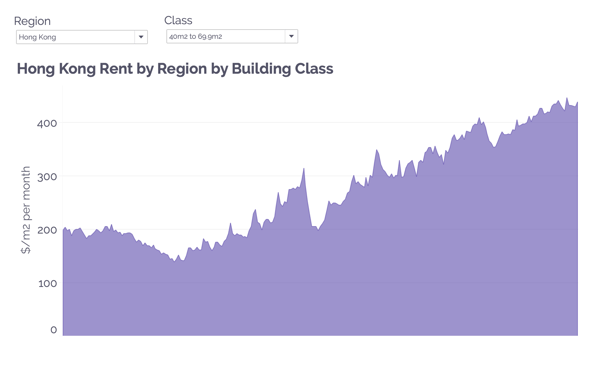
Rent - Hong Kong
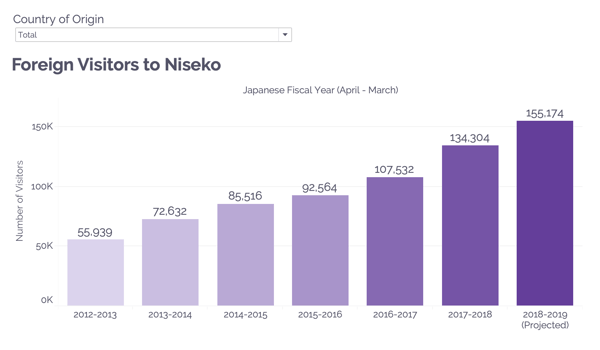
Foreign Visitors to Niseko

Foreign Hotel Guest in Hokkaido
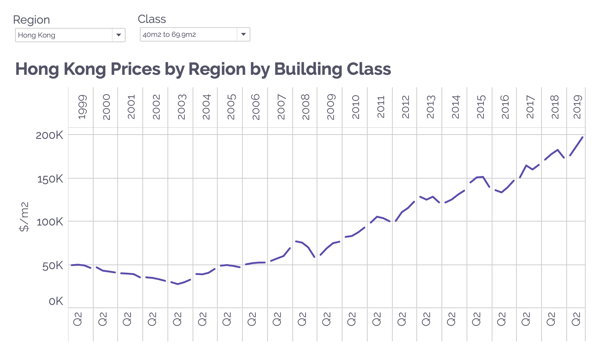
Residential Prices - Hong Kong